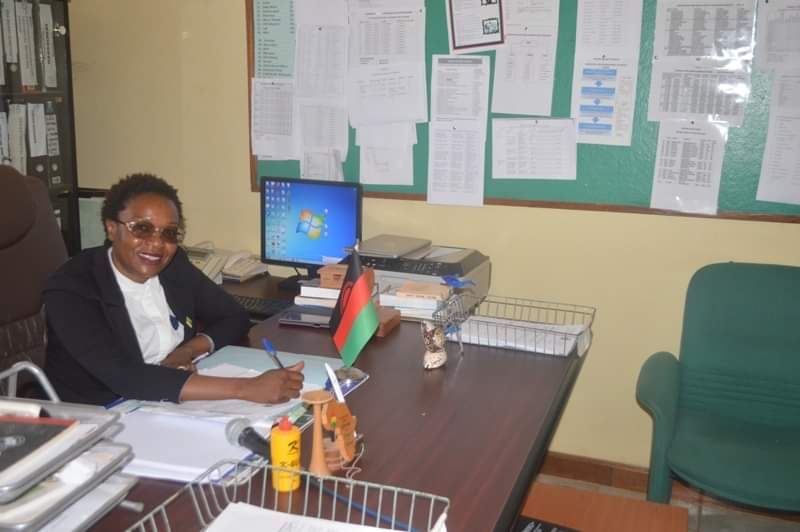
In a quest to curb drug defaulting, Ministry of Health and Population Services with aid from Global Fund is running wellness centres in the country’s borders to assist travellers.

Currently, the ministry has started with Songwe, Mwanza and Mchinji border posts, a development the districts’ health authorities have commended.
Mchinji Director of Health and Social Services, Dr Juliana Kanyengambeta said travellers often forget drugs for their respective ailments at home, something that results into default.
She said when that happens some diseases develop resistance to medication.
“The border post (Mchinji) has a population of about 2598 without including population of the district hospital.
“On daily basis, about 80 to 100 clients are served and monthly we attend to 2 720 clients.
“The most common cases here are malaria, respiratory infections and sexually transmitted diseases which require immediate attention or we risk further rapid spread and loss of lives,” she said.
The Mchinji Director of Health Services then appealed for assistance to the facility which, she said, presently does not have adequate staff, hence operating with only one clinician.
The facility also does not have computers for storage of data; it also does not have adequate working space that could have an isolation centre in case some travellers have infectious diseases and a drug storage facility to stock up enough drugs.
“Before it was handed over to Mchinji DHO in December, 2018, the facility was being run by SADC through North Star, and all its staff were being paid by them. But we could not manage such high salaries and they all quit.
“We have treated 20 000 clients from April, 2019 to date. It is expected that the population will increase as the border post (in Mchinji) is earmarked for a market and residential area,” she said.
With a population of 560, 000, Mchinji has over 17 000 people on ART which Kanyengambeta described as ‘worrisome situation’ as figures are very high.
“Apart from travellers, we have a lot of patients we receive from Zambia, but we still manage to give all patients the drugs, thanks to Global Fund that supports with TB, ART and malaria drugs,” she added.
Mwanza and Karonga Directors of Health and Social Services said their wellness centres at their respective borders are not functional as they require assistance to be operational.
Ministry of Health Spokesperson, Joshua Malango said wellness centres are a SADC project under Global Fund that rolled out in 2015.
“The main goal of these facilities is to reduce incidences of morbidity and mortality associated with control programmes of three diseases like TB, malaria and HIV and AIDS amongst long-distance track drivers, sex-workers and members of the communities around the border post.
“Considering the nature of work the track drivers and sex-workers engage in, they are likely to have their drugs run out of stock (if they were taking any) in a foreign land.
“This could have a serious health problem, hence the birth of the initiative, but we also commend the introduction of all regular services just like at any other health clinic so that the targeted population should not feel shy to use the facilities,” said Malango.
By Mphatso Nkuonera – Mana














